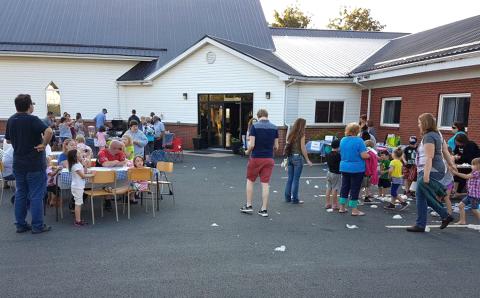I was a child of Dutch immigrants in the 1950s, and my adult children are now asking more details about their grandparents, of whom they all have wonderful childhood impressions. Yet there are dark stories in the closet of abuse and infidelity. Should I share these stories with my adult children?
Because your children are asking, I think it would be more respectful to entrust them with the truth about who their grandparents are, including the shadowy sides, than to paper over parts of your parents’ story and continue to pretend they are still the perfect creatures of your children’s childhood. Your children want to get to know their grandparents better, and they want to know what it was like for you living with your parents as an immigrant family. So by all means, tell your children that you love your parents, but also tell them there were some things that happened in your family that were very damaging.
Why? When you give truthful answers to your children’s questions, you treat them as the adults they now are—people who from their own experience know about sin and shortcomings. You and your children will experience closeness and deeper relationships that come with sharing the truth, even truth about such weighty issues as infidelity and abuse. But do so with sensitivity, compassion, and understanding of the context of your parents’ circumstances.
Remember too that being Christ-like includes not only the forgiveness Jesus modeled, but also the humility that teaches us not simply to judge, but to acknowledge and lament our mutual brokenness.
About the Author
Judy Cook is a family therapist and a member of Meadowlands Fellowship CRC in Ancaster, Ontario.









